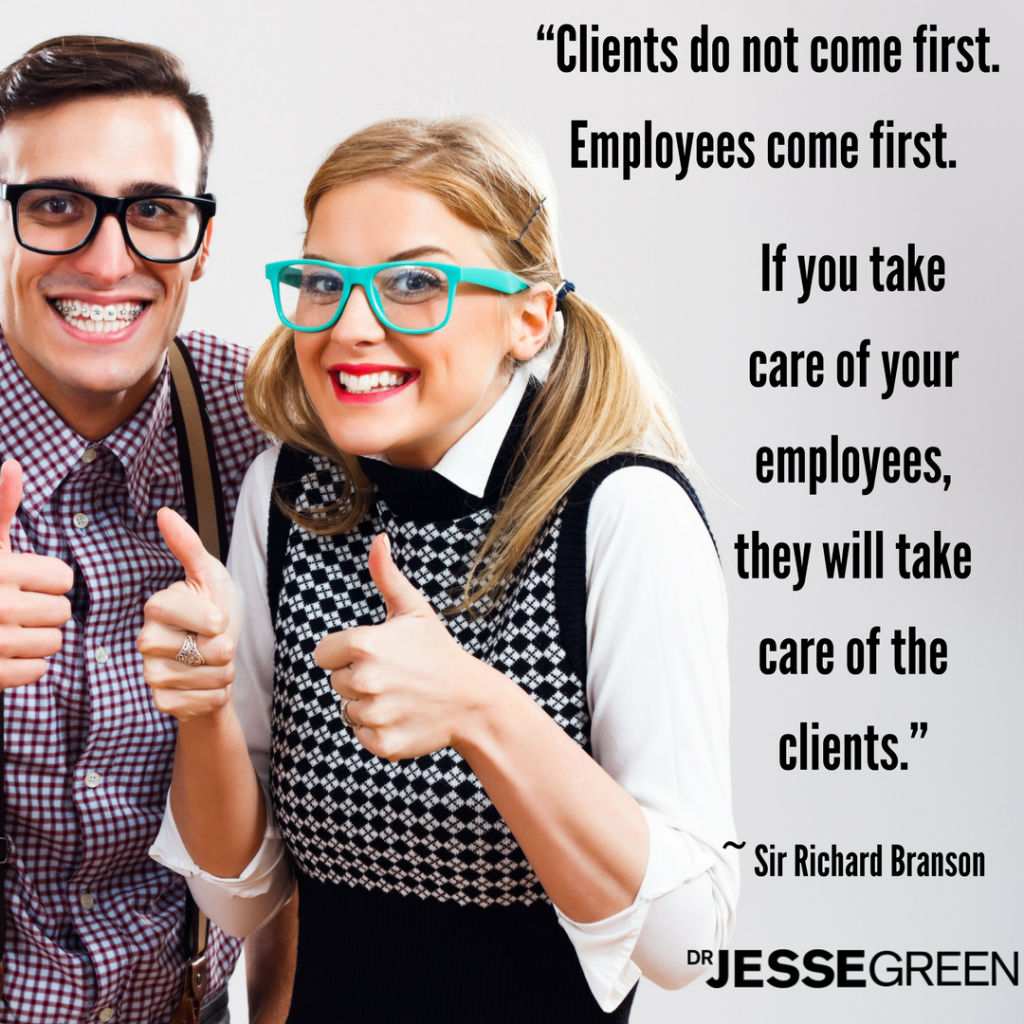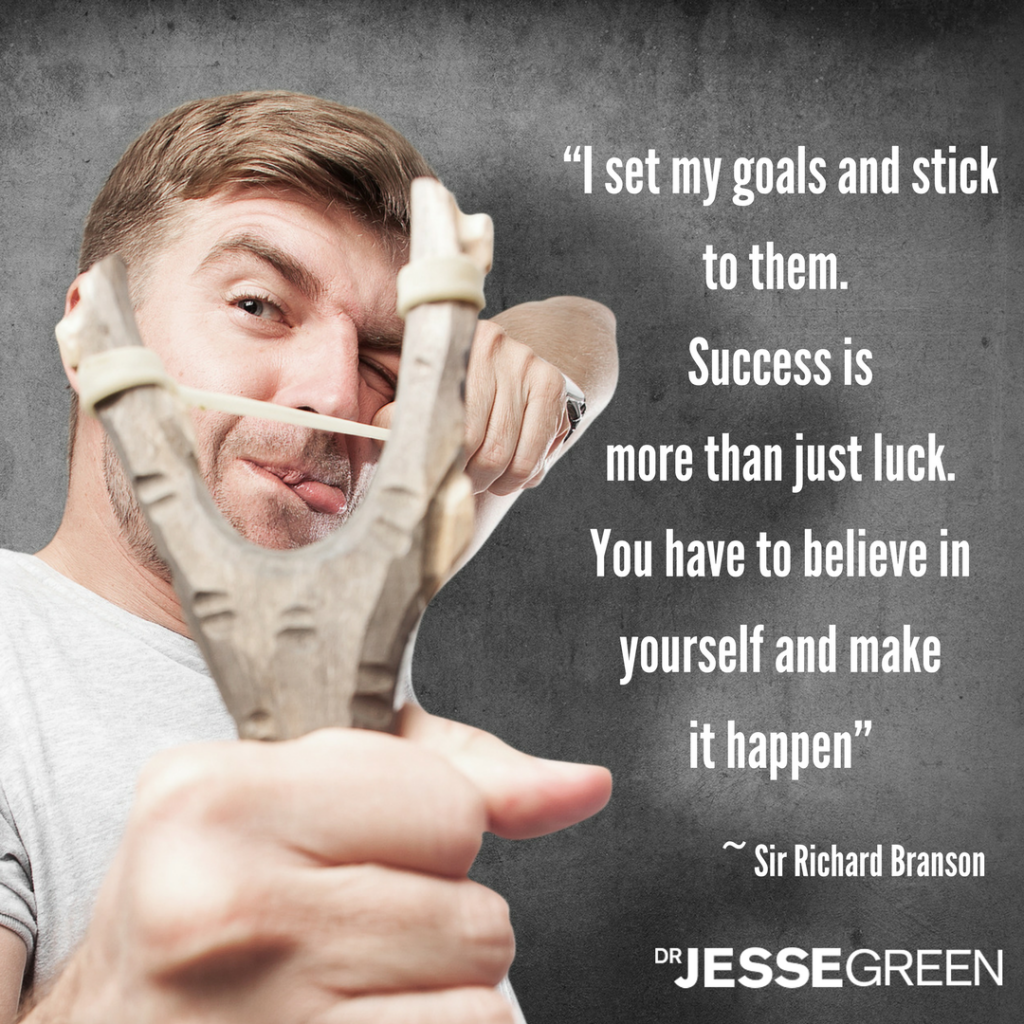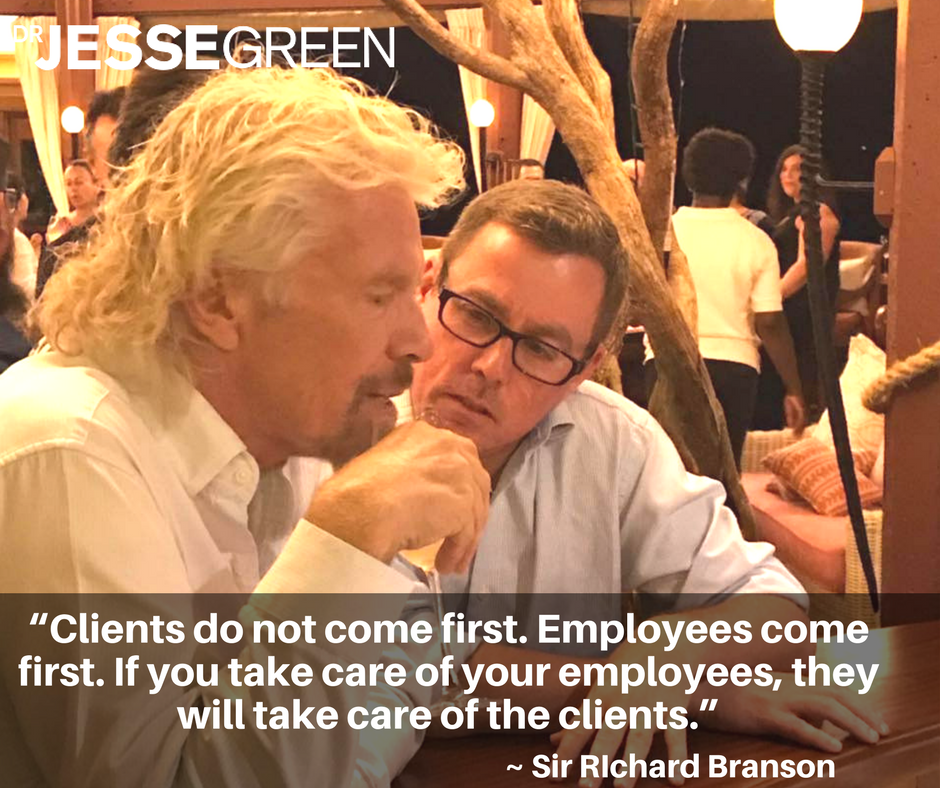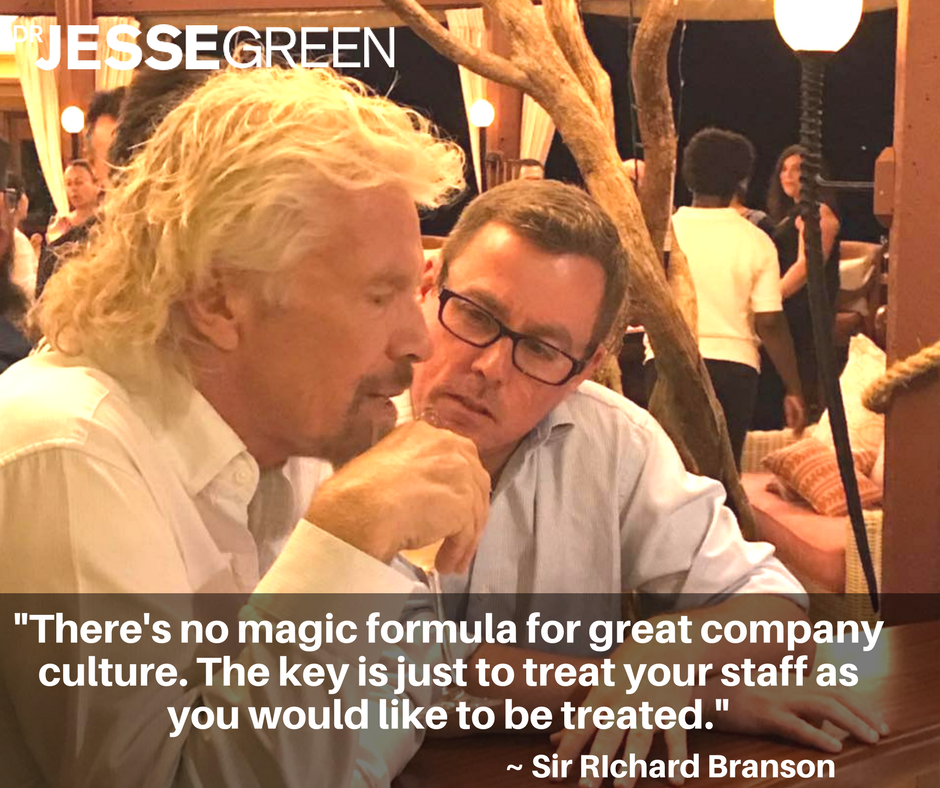Business success and success in sport. I wouldn’t be the first person to find analogies between the two, would I?
As a keen businessman and enthusiastic sportsman and fan – who’s somewhat talent challenged (don’t ask about my tennis serve), I’ve always appreciated the similarities between these two seemingly different arenas.
Think Jerry McGuire: The key to this business is personal relationships (Dicky Fox).
Cinderella Man: I have to believe that when things are bad I can change them (Jim Braddock).
And then there’s Million Dollar Baby and Eddie Scrap-Iron Dupris: If there’s magic in boxing, it’s the magic of fighting battles beyond endurance……It’s the magic of risking everything for a dream that nobody sees but you.
With so much in common, it’s worth exploring the world of sport for the valuable lessons that can be applied to the world of business.
As a lover of both, here are my takeaways.
Master the reframe and look for the positives
There’s no doubt business comes with challenges, but what about the world of an elite athlete. You spend all that time training, maybe play a game a week, and then despite your best efforts, don’t pull off a win. How do you manage that mentally?
Learning to cope with losing and failure are part of being a high-performance athlete. And it’s part of being a business owner too.
The people who do best are not the ones who win every game or have an unending stream of business success. Rather, they’re the people who cope with failure by identifying the lessons, integrating them, and then growing from them.
More than just looking for the positives in each challenge, it’s also about being able to move on from the lesson and step in the direction of your goals. A habit that takes practice, we can all benefit from the practice of using every ‘loss’ as an opportunity to learn and grow.

Surround yourself with good people
We all know the saying, ‘no man is an island’ (thank you John Donne) and it’s true in sport and business.
Whether you’re a solo star, part of sports team, or running your own business, we all need good people around us.
And it pays to ensure at least some of those people are better than you. Different for everyone, this could mean engaging a professional marketing resource, hiring a switched-on technology buff, or consulting with a financial guru.
Because we don’t know it all, it’s wise to find people smarter and learn from them, including employees and professional peers. This is one of Richard Branson’s maxims. There’s no doubt it’s worked for him and it can work for you too.
Do the work
Acing it like Roger Federer or running a 100 metres like Usain Bolt doesn’t come without hard work. Lots of it. Everyday. Rain, hail, shine. No excuses.
It’s only through this disciplined commitment to doing the work that it’s possible to come close to nailing your sporting or business aspirations.
I see it as deliberate, focused, unwavering effort. Ironically, discipline provides freedom, as it creates the space for us to really enjoy what we’re doing.
Think of anytime you’ve developed and integrated a system or process into your business and found things ‘just happened’.
Only as a result of doing the work – critical thinking to map out the process, training the team, testing for improvements – have you then been able to step back and enjoy things rolling along.
Have fun
What? Business and fun? Yes, the two go together.
Look at any winning team and the bond that’s forged through the training, playing, winning and losing, laughing and commiserating.
It’s the same in business and it’s a topic I’ve talked about before. Wrapped up in the destination and the “are we there yet?” mindset, we completely forget: the journey counts.
Actually, the journey’s where it’s at. Spending all our time mired in the seriousness of work, we forget about important stuff, like connection, relationships, experiences. These are all pivotal to success and having fun along the way simply makes them – and the journey – better.
What’s the message here? Take time to appreciate what’s enjoyable about ‘getting there’. Remember, fun doesn’t need to be a big thing. It can be as simple as sharing a laugh with a team member, joking with a patient or customer, or being fully present to a conversation with someone you care about.
Get creative about the ways you can make your life of business more fun. And at the risk of sounding too cheesy here, have some fun with it.

Keep learning for business success
One of the things that struck me most profoundly on my recent trip to Necker Island was the almost childlike nature with which Sir Richard Branson continues to be a student, even though he’s at the pinnacle of business success and a pretty good tennis player to boot.
Ever curious and questioning, he’s clearly someone who is not done with learning.
On the contrary, he’s an avid note taker and asks questions relentlessly, all in the search to do better, in and out of the boardroom, and on and off the tennis court.
It’s the same for any athlete or astute business owner. Superior performance comes by continually look for ways to improve, learning from others who know better (like coaches and mentors), and applying newly acquired knowledge.
The greatest growth comes at the border of support and challenge
Too much chaos and we burn out. Too much support and we get comfortable. So it is only at the border of challenge and support we experience the most growth.
Ask Jonathon Thurston, a Queensland rugby league icon.
But JT wasn’t always a superstar. Long before he reached legend status, he almost gave up. After just a few weeks as a rookie at his first team, the Canterbury Bulldogs, JT walked into the coach’s office bawling, asking to leave.
Far from family and support, working a fulltime job detailing cars by day and training every night, he didn’t think he could go on. It was just too uncomfortable.
Thankfully, urged on by the coach and others, JT stuck it out. His team mates, fans and beneficiaries from the charities he supports are all the better for it.
Did he grow through the challenges? Yes. Was it easy. No way.
Equally, in business, if we’re to grow and scale, it’s necessary to balance the various elements that turn vision into action. And guess what? It’s not easy.
Doing what’s uncomfortable never is.
Have a mentor or coach
It might seem self-serving to include this tip, but I’m not the only one who recommends having a coach. All high-performing athletes have a one; in some cases, a number of them.
Running your own business, it can feel like you’re working solo (even when you’re not), making a coach an important external set of eyes.
Often seeing things you don’t, a coach or mentor is a sounding board, advisor, and a person who’s prepared to challenge you.
A coach can be a professional person you pay. It can also be a trusted someone who’s counsel you value.
More than just a friendly ear, a coach will help unpack challenges and map out the way forward.
As a coach myself, I know the importance of drawing on the experience and wisdom of others, and wouldn’t be without one.
And the wrap up
Sport and the challenges it provides are the source of inspiration to many, but your business has the potential to be this too.
Think about where you can apply just one of these tips and work it until it’s so much a part of what you do, it’s second nature.
What about you? Do you have a favourite sporting / business analogy? If you do, share it here. I’d love to hear it.
Looking for ways to stay on the road to business success? Be sure to get along to our next workshop, ‘Be Impressive on Purpose: the Aligned Team’. A two-day intensive bringing together essential ingredients to train and support your staff and key players to be top performers, you’ll be well on the way to surrounding yourself with those all important ‘good people’ in no time.









